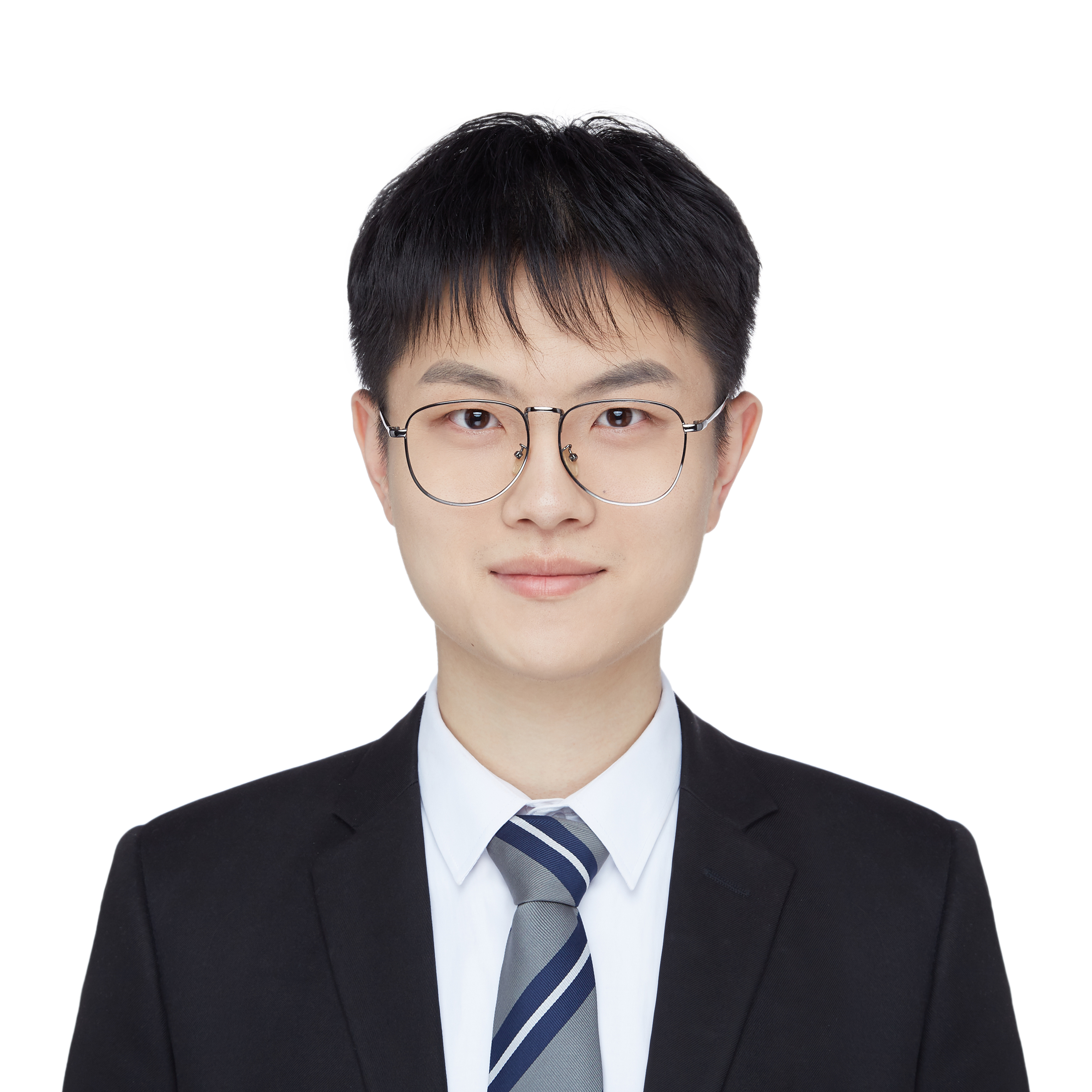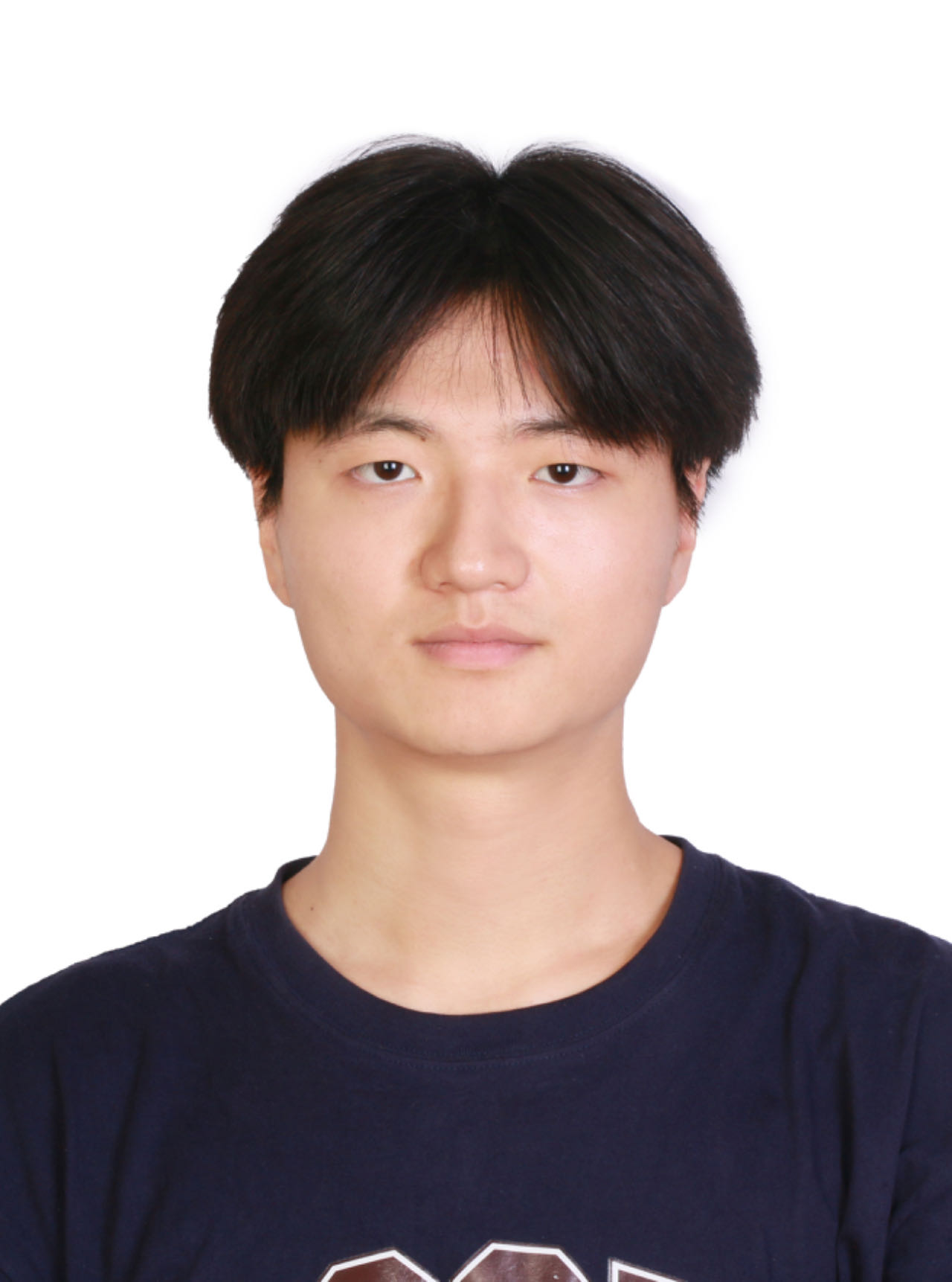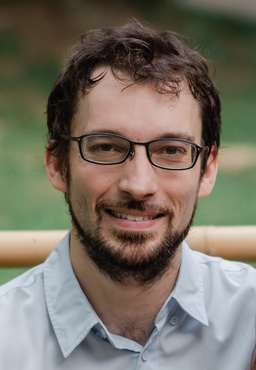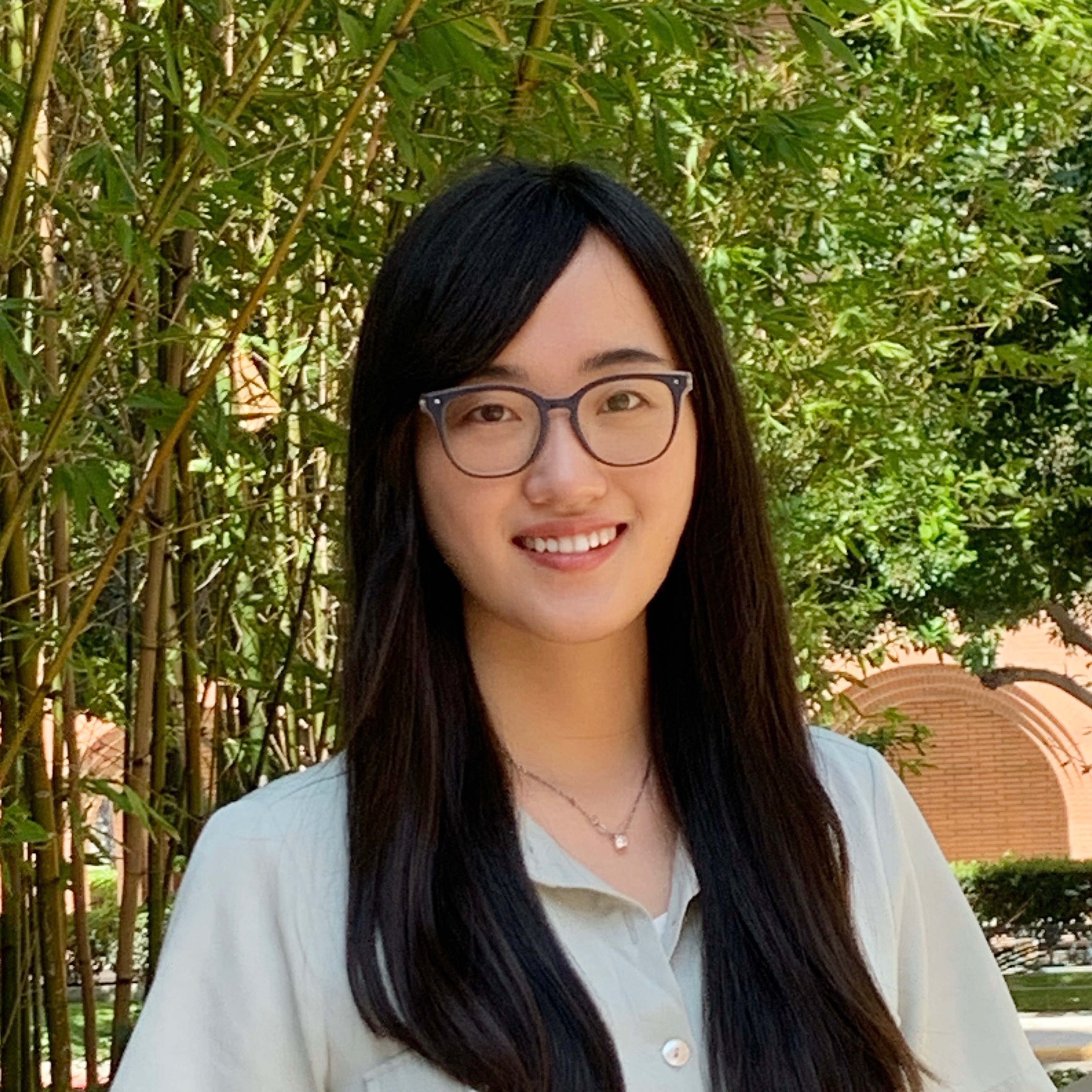
Decentralized Collision-Free Multi-Agent Path Finding (MAPF)
Multi-agent path finding (MAPF) considers the problem of planning efficient, collision-free paths for multiple agents/robots to their pre-assigned goals. With the maturity of key robotic technologies such as sensors, wireless communications, and onboard computing, the deployment of a large number of robots/agents has gradually become feasible. As one of the essential techniques in multi-agent systems, MAPF has gained widespread attention from both the academic and industrial communities. However, traditional approaches face challenges when dealing with large-scale multi-agent system pathfinding problems. To fill this gap, this project aims to develop new frameworks for large-scale multi-agent system pathfinding, by relying on learning to devise scalable and efficient decentralized planners. Building upon distributed reinforcement learning (RL) and imitation learning (IL), our previous work (PRIMAL, but also PRIMAL2 and most recently SCRIMP) addressed the pathfinding problem of large-scale multi-agent systems in cluttered environments. Now, inspired by the desire for decentralized, low-computation MAPF in implementing warehouse automation (e.g., Amazon fulfillment centers), we realize that enabling large-scale multi-agent systems to learn pathfinding in highly structured environments poses additional challenges. Furthermore, in MAPF applications such as warehouses and ports automation, the inevitable need to share space with humans raises another focal point of our research: achieving efficient and safe pathfinding in human-robot hybrid environment.
Therefore, this project builds upon some of the recent advances in distributed reinforcement learning for MAPF to develop 1) new models/frameworks with a global/long-horizon perspective to achieve more efficient and intelligent collaboration among robots during decentralized pathfinding, and 2) new human-aware MAPF planners that can reactively and/or proactively avoid human workers’ areas of operation while maximizing the team’s performance. To these ends, this project aims to develop new methods for context embedding/learning, intention prediction, collaborative communications, and other techniques to enhance the performance of the entire system. This project will also improve the integration of reinforcement learning, imitation learning, deep learning, and other technologies with MAPF to maximize agent intelligence and collaboration level. Equal emphasis will be placed on conducting simulation-based and/or physical experiments to investigate the deployment of our trained models on multi-robot systems both in simulated and real-world environments.
Related prior projects:
- Online interactive PRIMAL demo
- SCRIMP: Scalable Communication for Reinforcement- and Imitation-Learning-Based Multi-Agent Pathfinding
- PRIMAL2: Pathfinding via Reinforcement and Imitation Multi-Agent Learning – Lifelong
- PRIMAL: Pathfinding via Reinforcement and Imitation Multi-Agent Learning
- Multi-robot path planning in factory-like environments
People
Guillaume SARTORETTI

Chengyang HE

Yutong WANG
Jiaoyang LI

Tanishq DUHAN




